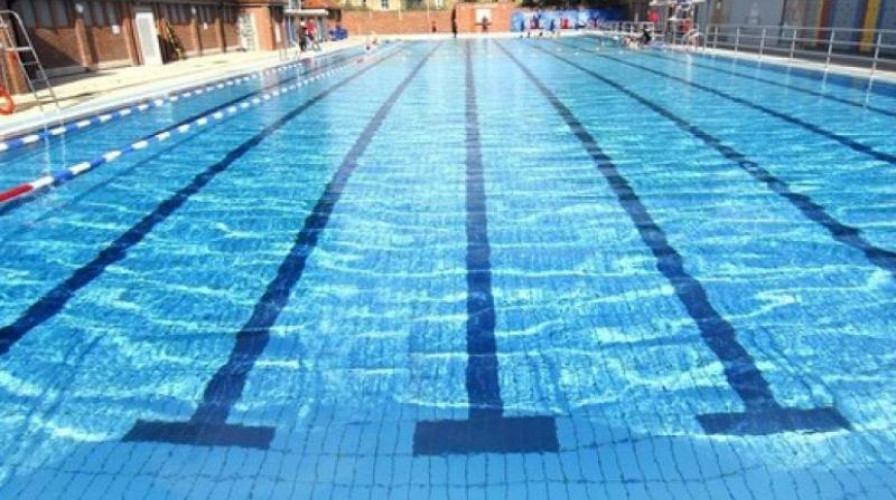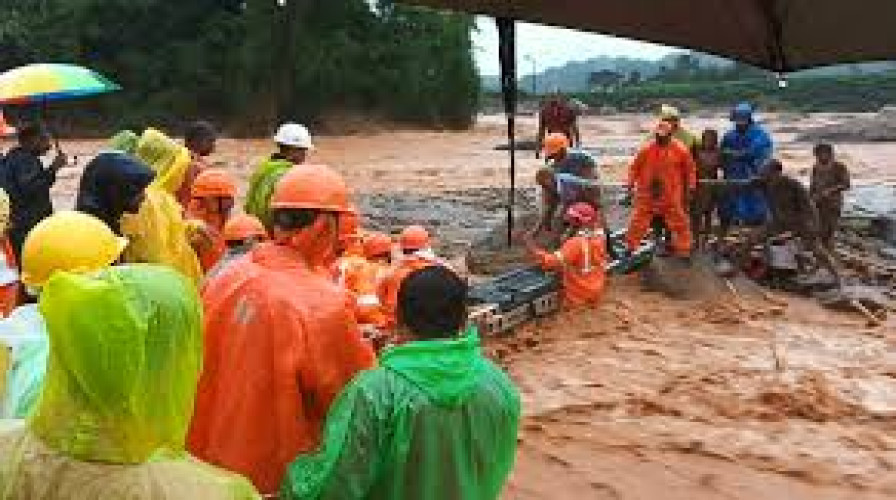The Hezbollah commander killed in an Israeli airstrike on Tuesday was allegedly responsible for a deadly rocket attack over the weekend, according to the Israeli military. He was also accused by the U.S. of orchestrating the 1983 Beirut bombing that resulted in the deaths of 241 American servicemen.
Israeli military spokesperson Daniel Hagari stated that the target of the strike, Fouad Shukur, was responsible for the rocket attack on Majdal Shams on Saturday, which resulted in the deaths of 12 young people in the Israeli-occupied Golan Heights of Syria.
Hezbollah, which has denied involvement in the Majdal Shams attack, has not confirmed whether Shukur was the target of Tuesday's airstrike or if he was killed.
If Israel's claim is accurate, Shukur would be the highest-ranking Hezbollah commander killed since 2016, when Mustafa Badreddine, the group's military leader in Syria, was killed in an explosion in Damascus.
The Israeli military reported that Shukur had been leading Hezbollah's attacks on Israel since October 8, following the outbreak of the Israel-Hamas war, and that he was implicated in the deaths of numerous Israelis and foreign nationals over the years.
Shukur was also said to be responsible for much of Hezbollah's advanced weaponry, including guided missiles, cruise missiles, anti-ship missiles, long-range rockets, and UAVs.
At 62 years old, the reclusive Shukur managed Hezbollah's forces in southern Lebanon along the Israeli border and played a key role in the group's missile program.
He was a close associate of Hezbollah's former top military leader, Imad Mughniyeh, who was killed by a car bomb in Damascus in 2008, and had since been a senior military adviser to Hezbollah leader Hassan Nasrallah.
Like many of Hezbollah’s military figures, little is known about Shukur, also known as Sayed Mohsen. The U.S. Treasury Department had offered a $5 million reward for information leading to his capture.
Shukur joined Hezbollah when the organization was established after the 1982 Israeli invasion of Lebanon, which forced the Palestine Liberation Organization out of the country.
As a member of Hezbollah's Jihadi Council, the group's top military body, Shukur was accused by the U.S. of orchestrating the truck bombing of a Marine Corps barracks in Beirut, which killed 241 American service members.
The attack on October 23, 1983, near Beirut International Airport, remains the deadliest single-day assault on Marines since the Battle of Iwo Jima in World War II. A simultaneous attack on French forces resulted in the deaths of 58 paratroopers.
The U.S. Treasury Department designated Shukur as a "specially designated national" on July 21, 2015, for his activities on behalf of Hezbollah.
Shukur, like many Hezbollah military officials, was involved in the Syrian conflict that began in 2011, where Hezbollah sent thousands of fighters to support President Bashar Assad’s forces, significantly influencing the outcome in Assad's favor.
Following the outbreak of the Israel-Hamas war on October 7, Shukur was accused by Israel of orchestrating numerous drone and missile attacks against Israel by Hezbollah.
Since the conflict escalated, Hezbollah has claimed its rocket attacks target military and intelligence sites, though civilian areas have also been struck. Prior to Saturday’s violence, Hezbollah’s rockets had killed 13 civilians and 22 soldiers in Israel. In response, Israeli strikes in Lebanon have resulted in over 500 deaths, including 90 civilians.






